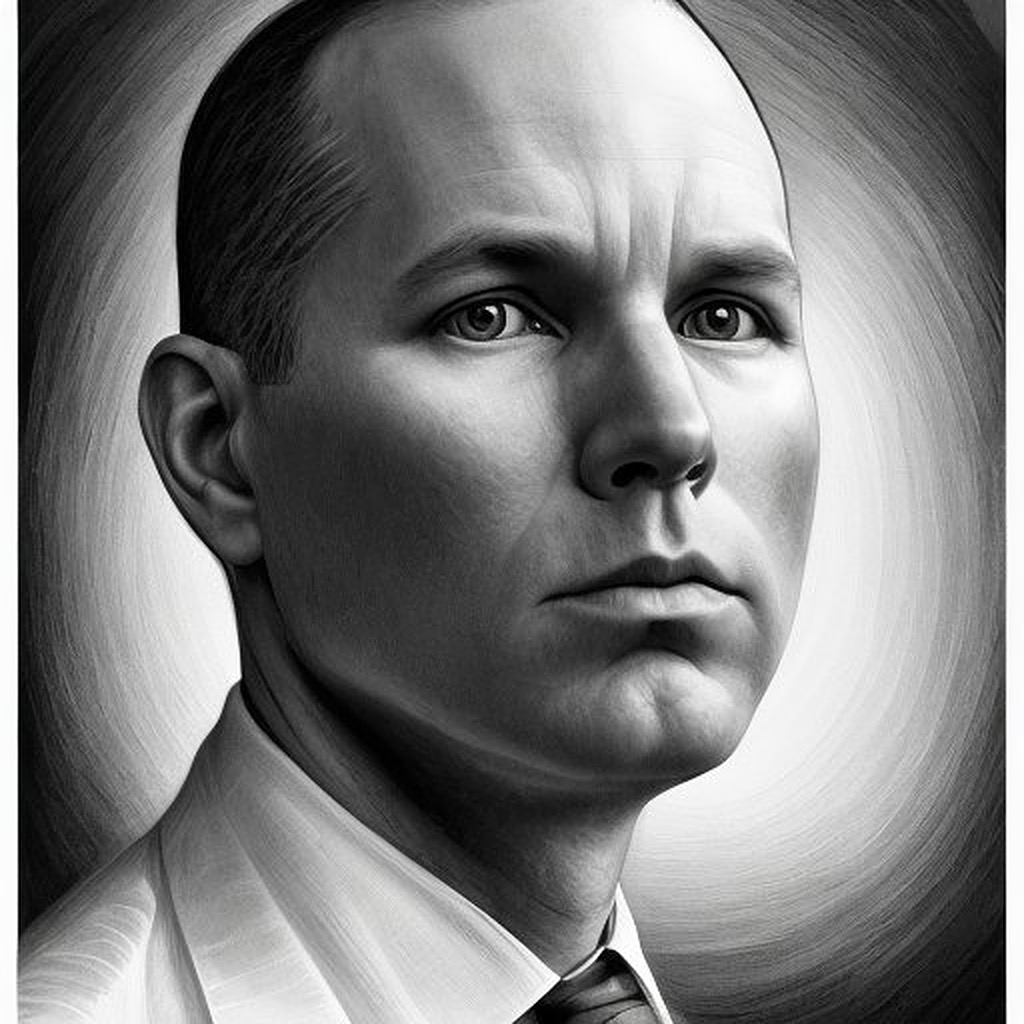10 Tips for Relaxation
- Steve Moak
- Feb 2, 2023
- 1 min read
1. Practice deep breathing exercises: Taking slow, deep breaths can help activate
the body's relaxation response and reduce stress.
2. Get moving: Regular exercise, such as going for a walk or doing yoga, can help
reduce tension and improve overall well-being.
3. Take a warm bath or shower: The warm water can help relax muscles and
release tension in the body.
4. Listen to calming music: Music has the ability to affect our emotions and can be a
powerful tool for relaxation.
5. Meditate or practice mindfulness: Mindfulness techniques, such as meditation or
yoga, can help focus the mind and reduce stress.
6. Spend time in nature: Being in nature can help reduce stress and improve overall
well-being.
7. Get a massage: Massages can help relax muscles and release tension in the
body.
8. Practice progressive muscle relaxation: Progressive muscle relaxation is a
technique that involves tensing and then relaxing different muscle groups in the
body.
9. Try aromatherapy: Aromatherapy uses essential oils to help promote relaxation
and reduce stress.
10. Make time for yourself: It's important to make time for yourself to relax and
unwind. Whether it's reading a book, taking a bath, or just sitting quietly, make
sure to set aside time each day for yourself. Remember, relaxation is not only a state of mind but also an active process that
requires effort and commitment to make it a habit. Finding what works best for you will
take time and experimentation, but once you find the right relaxation techniques for you,
you'll be able to achieve a greater sense of peace and well-being in your daily life.





Comments